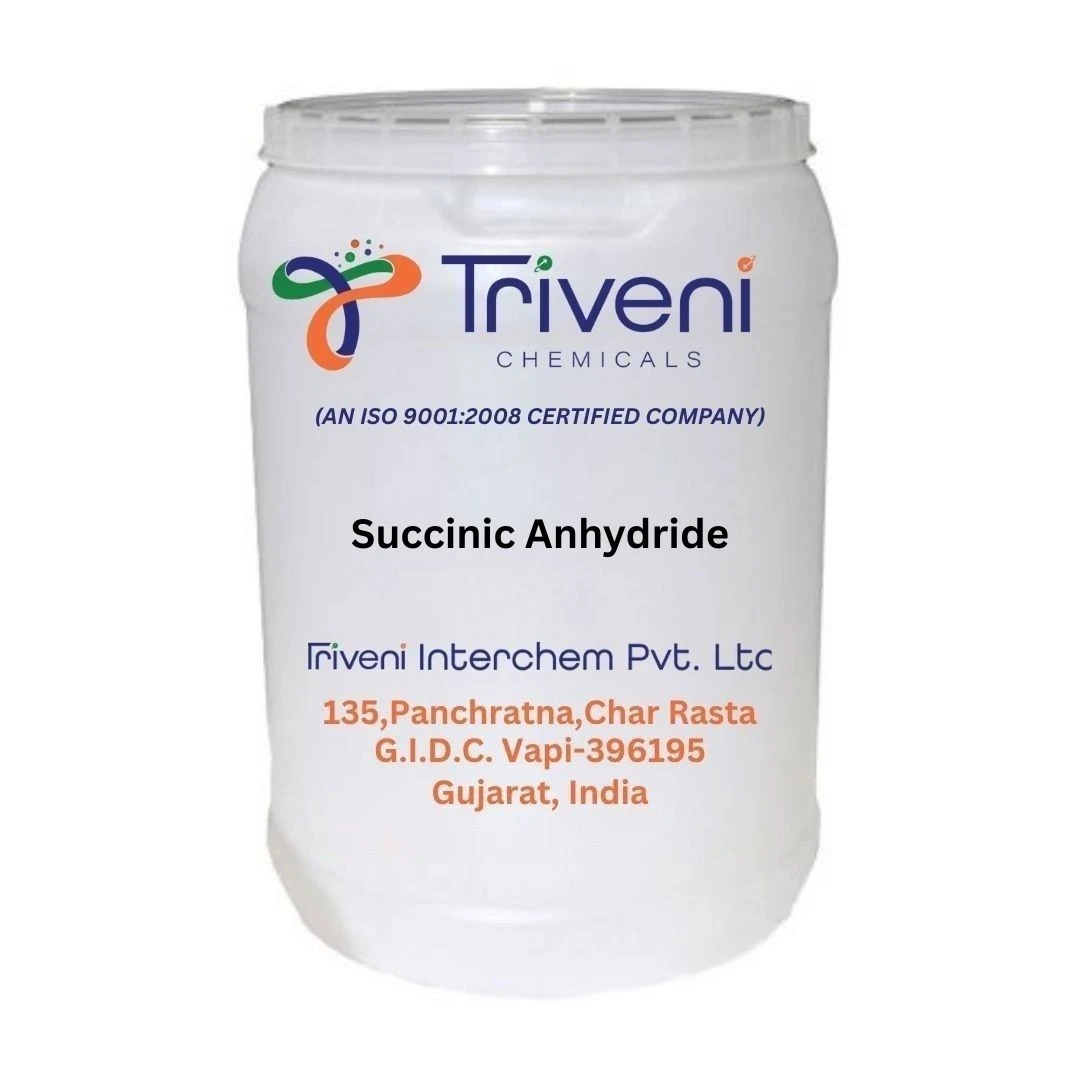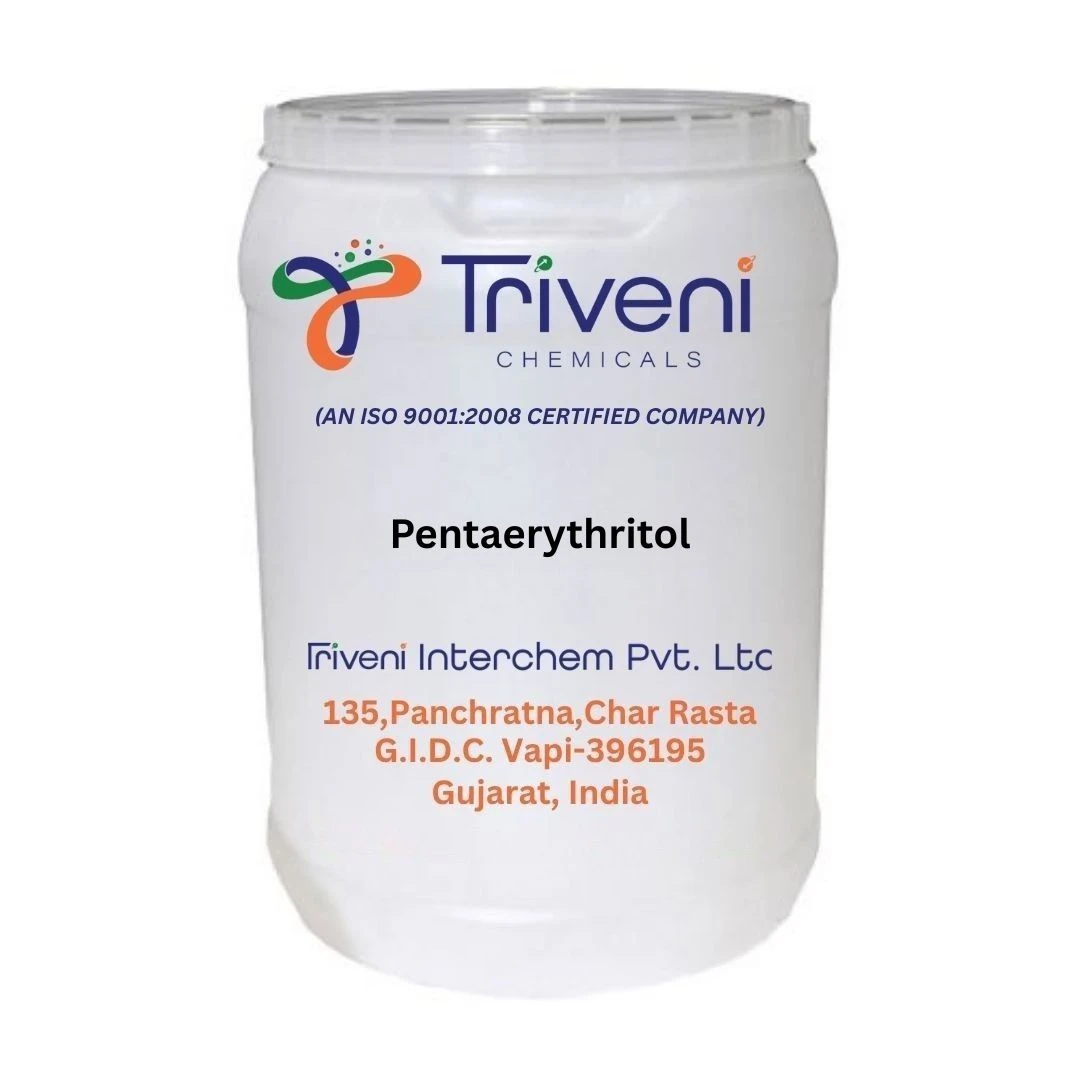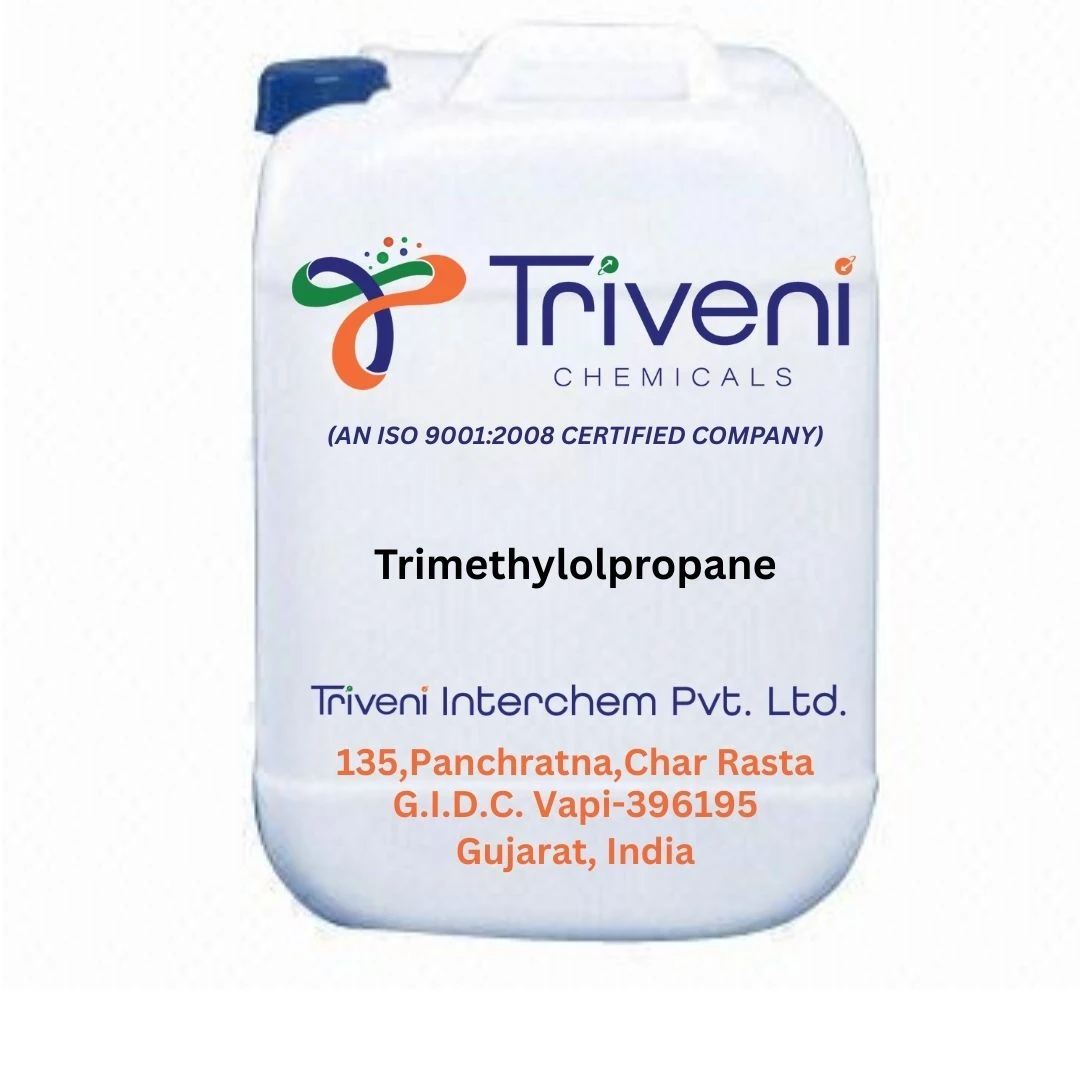Alkyd resins, a group of synthetic thermosetting polymers, have long been important components of coatings, paints, and varnishes. The smart fusion of alcohols (the "Al" in alkyd) and acids (the "kyd" from "acid"), usually with the help of a catalyst, produces these adaptable resins. The end result is a resinous..
Alkyd resins, a group of synthetic thermosetting polymers, have long been important components of coatings, paints, and varnishes. The smart fusion of alcohols (the "Al" in alkyd) and acids (the "kyd" from "acid"), usually with the help of a catalyst, produces these adaptable resins. The end result is a resinous substance that has a special combination of qualities that make it highly desirable for a variety of uses. The high film-forming capacity of alkyd resins is one of its distinguishing features. Alkyd resins go through a cross-linking reaction when coupled with drying oils like linseed or soybean oil and heated, creating a strong and long-lasting layer. This film is a great option for protective coatings on everything from domestic furniture to industrial gear because it protects against environmental elements like UV radiation, moisture, and chemicals. Alkyd resins are incredibly adaptable when it comes to modification. Manufacturers can fine-tune the qualities of the produced resin, adapting it to match specific requirements, by altering the type and percentage of raw components. Due to this adaptability, a variety of alkyd resins, including long oil, medium oil, and short oil alkyds, have been created, each having a special balance of qualities. As an illustration, long oil alkyd resins are renowned for their great flexibility and gloss retention, making them appropriate for glossy paints, but short oil alkyd resins are favored for their quick drying times, making them perfect for applications requiring quick turnaround. Alkyd resins provide excellent adhesion to a variety of substrates in addition to their film-forming abilities and adaptability, ensuring that coatings attach firmly to surfaces for extended periods of time. Their appeal in the automotive, aerospace, and marine industries, where long-lasting and dependable coatings are essential, is largely due to their adherence as well as their durability. Alkyd resins have been used extensively for many years, however they have some disadvantages. These resins frequently include volatile organic compounds (VOCs), which can harm human health and contribute to air pollution. In an effort to balance performance and sustainability, low-VOC and water-based alkyd coatings have been developed in response to environmental concerns. Alkyd resins, in the coatings and paints business, have been crucial because of their remarkable film-forming, adaptability, and adhesive qualities. They are a standard in many applications, from industrial coatings to architectural paints, thanks to their capacity to offer long-lasting and protective coatings. Alkyd resin technology will advance along with the market, with an increasing focus on sustainability and minimal environmental effect.
Alkyd Resins – Essential components in coatings and paints, playing a role in Alkylating Agents.





